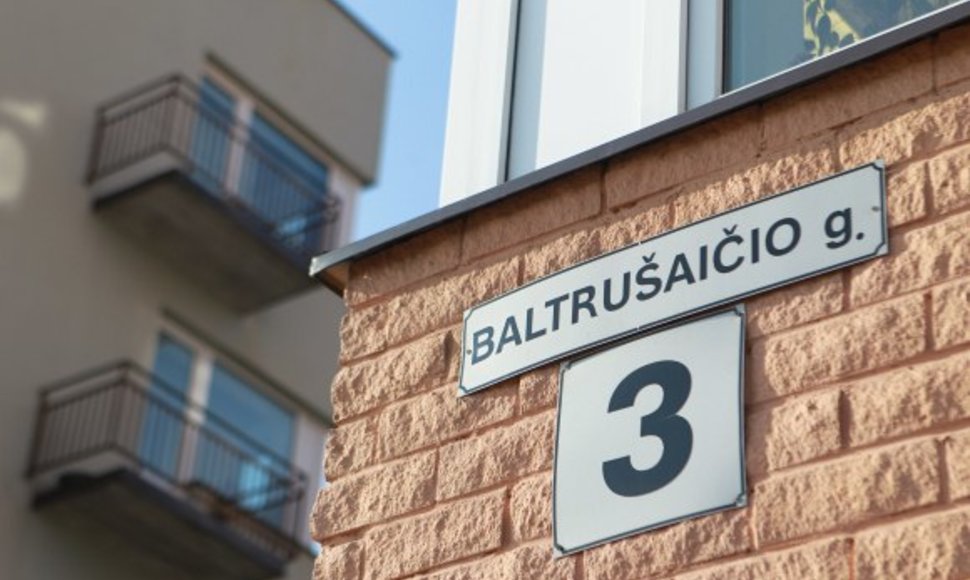The group, set up in June and led by the prime minister's adviser Laimonas Talat-Kelpša, presented the proposal to the prime minister on Monday, the Vilniaus Diena daily reports.
"Since it has to do with local authorities, with expenditure, the group does not suggest setting a strict deadline to do that. We just propose letting it flow naturally and applying new rules to newly-built or reconstructed streets," Talat-Kelpša said.
The group believes the existing street marking rules, whereby signs are attached to buildings, are outdated.
"Currently, streets are marked without private owners' consent. The owner has to allow putting a street name plate on his or her property. And in Western Europe, it’s the state's, the local authorities' business unrelated to private property," Gabrielius Landsbergis, the group's deputy chairman and head of the Regional and Ethnic issues Unit of the Policy Analysis and Reforms Department at the Prime Minister's Office, said.
Lithuania has been involved in discussions on non-Lithuanian street name plates on private properties. Lithuanian laws ban non-Lithuanian signs but non-Lithuanian street name plates can be found on private properties in some Polish-dominated districts.












